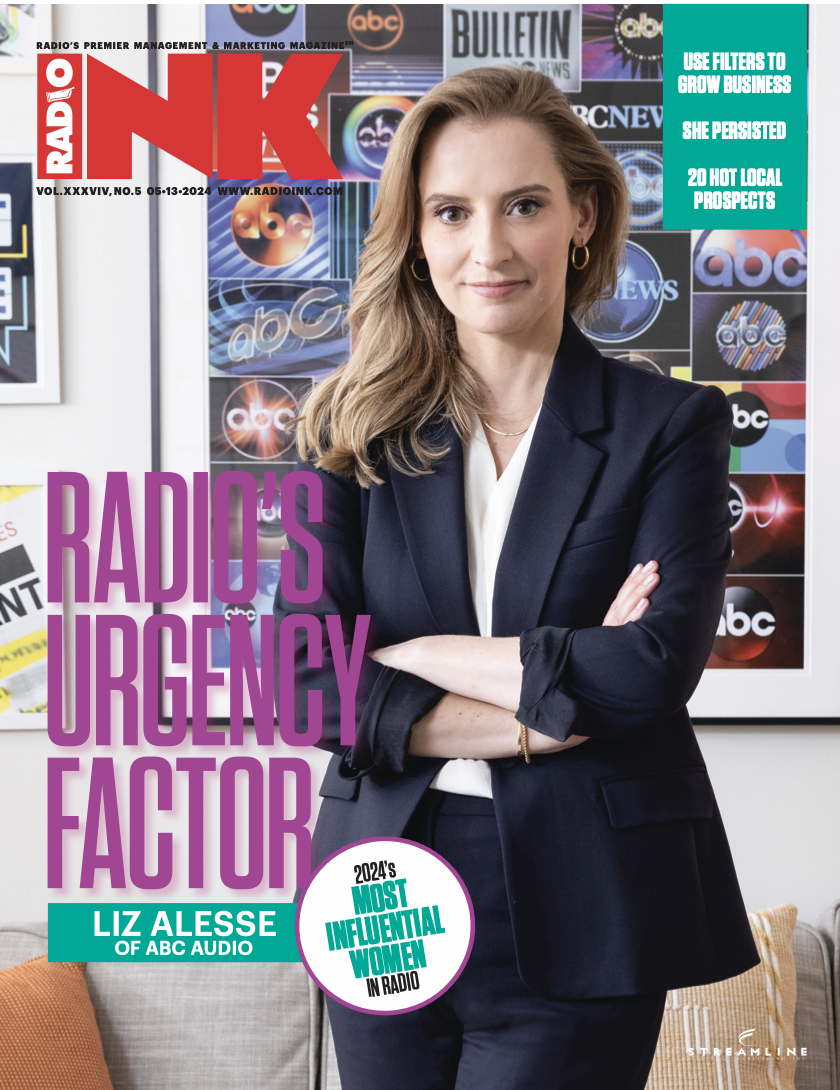
(By Loyd Ford) Radio advertisers may be changing. Today they may say no to a proposal or a pitch for a variety of reasons. As a radio seller, it is essential to understand the real reasons people say no and to be able to address sales objections effectively.
Here are 10 of the most common reasons that advertisers may say no and suggestions on how to overcome them.
- Budget. Any advertiser may have limited funds available for advertising. Possible Solution: Offer flexible pricing options, demonstrate the potential ROI, or suggest a smaller-scale campaign that fits their available budget and allows them to grow confidence in your solutions.
- Mismatched Target Audience. What a salesperson suggests to the advertiser doesn’t seem to align with the advertiser’s target demographic. Possible Solution: Research your potential client thoroughly to properly identify the right audience and platform and provide actual data or case studies that show the potential for reaching their desired customer base.
- Lack Of Trust Or Credibility. The advertiser may not trust your company or have doubts about your ability to actually deliver results for them. Possible Solution: Carefully build trust by showcasing your track record, sharing client testimonials, and providing credible references that can be checked by the advertiser. Work hard to listen and be relatable to the potential client.
- Competitive Landscape. Hey, it’s almost 2024. Today we think about radio, but a client may be thinking about the competition around them and worry about how to overcome it with advertising through your product. Possible Solution: Conduct a competitive analysis and highlight your unique selling points. Emphasize how your solution can help them stand out in an already crowded market.
- Previous Negative Experiences. Any advertiser may have had a negative experience with radio in the past or with similar campaigns. Possible Solution: Address their concerns yourself proactively by identifying what went wrong in the past and explaining how your new approach is different and improved.
- Your ROI Is Unclear To The Advertiser. Advertisers today want to see a clear return on investment but may be unsure about their potential results. Possible Solution: Provide data-driven projections, case studies, and benchmarks to illustrate the expected ROI. Offer performance metrics and regular reporting that can build confidence.
- Timing. The timing may not strike them as right for what you are asking them to do based on seasonal factors or other business priorities that may have their attention at the time. Possible Solution: Offer flexible scheduling options, such as delayed start dates or phased campaigns, to accommodate their timing preferences.
- Not Enough Information. Advertisers may feel they don’t have enough information about your proposal or may find it lacking detail. Possible Solution: Prepare and provide a comprehensive and well-documented proposal that outlines the actual campaign strategy, goals, and expected outcomes in detail. Be prepared to answer any questions or concerns on the spot.
- Legal Or Compliance Concerns. While this may be more rare, you may come across a client who feels there are legal or compliance issues they want to address before moving forward. Possible Solution: Be willing to collaborate with legal experts (theirs or yours) to ensure that your campaign complies with all relevant regulations and industry standards. Offer to work closely with their legal team to resolve any issues for them.
Number 10: Change In Marketing Strategy. I’ve purposefully separated this one from the others because you really have to become excellent at understanding this one in real-time. Advertisers may have recently shifted their marketing strategy or focus. Possible Solution: Listen carefully to their goals and adapt your proposal on the spot to align with their updated strategy. Be careful to highlight how your solution supports their current marketing objectives.
Please keep communication and being relational along with sharpening your listening skills at the forefront of what you are doing as a seller. If you are truly customer-centric and focused on understanding the real needs and fears of potential clients, you can overcome many of these objections time after time as a consultative seller. Tailor your pitch to address what you see and hear as the very real concerns of advertisers. And be open to negotiation and compromise to reach your goals and help your client and everyone win.
Loyd Ford is president and chief strategic officer at Rainmaker Pathway Consulting Works (RPC). They help local radio with ratings and revenue. Reach him anytime at 864.448.4169 or [email protected]. Read Loyd’s Radio Ink archives here.







